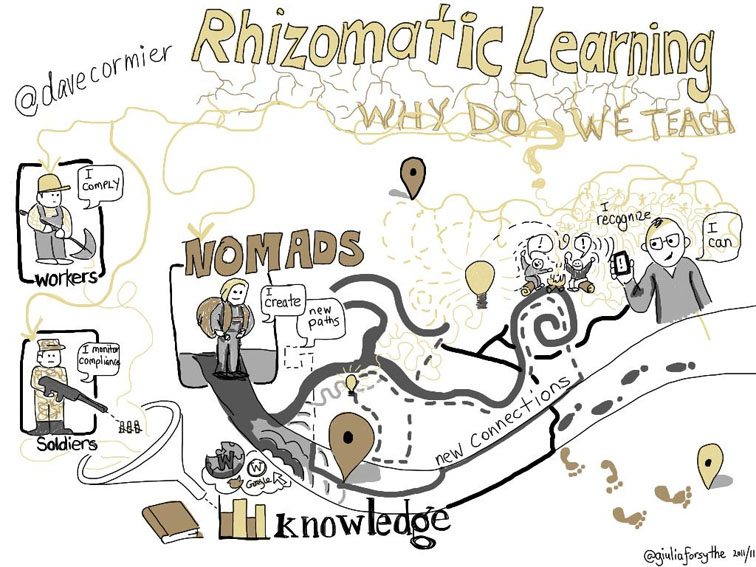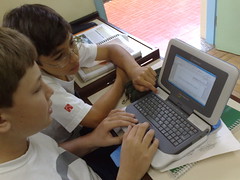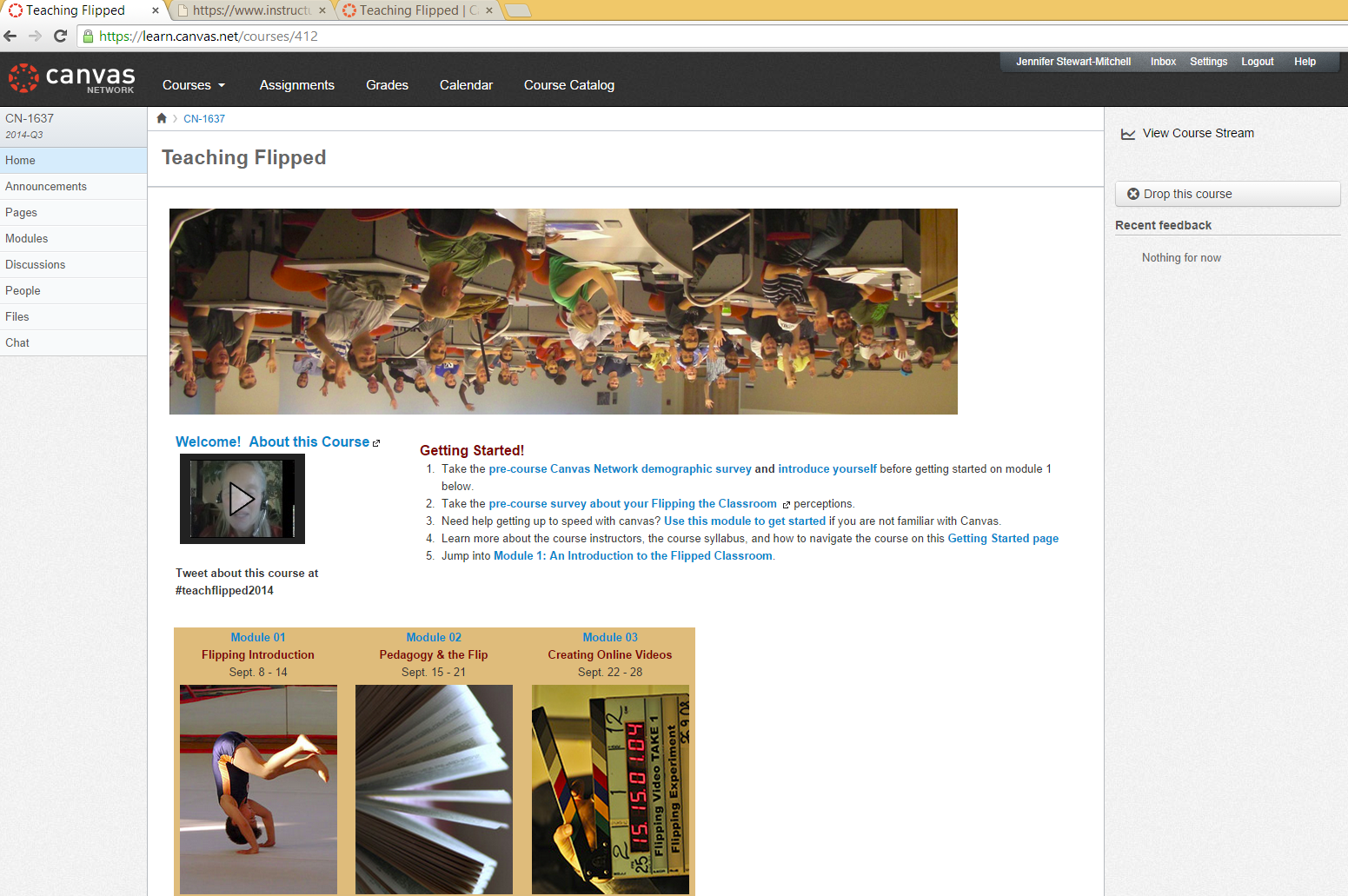I got an idea for my Major Digital Project... Again!!
Like many others in this course, I too have changed my mind. I started off excited to explore a MOOC on Flipped Teaching. Examined the resources, found them a bit dry and too theoretical, so I went in search of another MOOC. Found one on Coursera via University of Houston (looks like a few people found the same one) and decided that although I will use the resources and share the great site that MOOC contributes to, Educational Uses of Digital Storytelling, I don't want to get bogged down with just learning this one tool for on-line sharing and learning. Then, I thought that I would participate in on-demand video on Mimio Lesson Development and Training via MimioConnect and Mimio "Ask a Master" Videos via Youtube and share my progress, but that plan didn't seem right either. So... I have decided that instead I am going to construct a blog or a Weebly website that reflects different digital integration strategies that I want to promote and support in my school system. As I'm sure you have gathered, or perhaps you have read in past blog posts, I will not have my own classroom this year, instead I will be assisting other teachers with integrating technology with their "digital endeavors". So to support those teachers I will be curating resources (some of my own, others I have curated from other sources) to support learning in the form of a Weebly Website.
So, to further the work of our past Technology Coach and promote the same initiative for digital integration, I will still use the name "Teaching With Technology" to maintain consistency within my school division, But of course the work will of course be my own....
Digital Integration Initiatives that I hope to promote and support will include:
1. Skype in the Classroom - What's the Hype with Mystery Skype? How to "play" geographical 20 questions around the globe. How can use the "Skype in Classroom" resource.
2. Blogging 101 for Teachers & Classroom Blogs - How can classroom blogs increase communication and engagement and why it's worth the time.
3. Student Blogging - How to get started and the benefits to learning... from reflection, to collaboration to metacognition. Plus, blogging initiatives such as Quad blogging and Global Blog Challenges.
4. Digital Assessment Possibilities - Portfolios and the integration of digital tools available to teachers in RCSD, like apps such as "Explain Everything", "Pixie" and "Aurasma".
5. Inquiry and Genius Hour - Information on how to manage Genius Hour, curricular connections and how to connect with a Community of "Reasonably Intelligent Teachers Who Teach Geniuses"
6. TED Talks Regina Catholic - Why students should share their Genius Hour projects and how to do it in the form of video TED talks.
7. Office 365 - Learning and Sharing in the Cloud for Teachers in Students - How to do more than share files with Microsoft Office 365...
8. Interschool Book Blogging - How to set it up, manage the discussions and assess. Plus a sample unit that I initiated and co-created last year, titled, "The Interschool Digital Dystopian Book Club Project". I could also help to coordinate Interschool Blogging Buddies...
In Weebly the 8 Initiatives above will be "static" pages. The blog roll will be "Classroom Connections" where individual teachers could share photos or ideas with me, then I can report on these initiatives in the blog roll.
Now I just need to think of a place where my Genius Hour Teachers can collaborate. I could set up a Google Community... or a shared folder with Office 365. I need to think further about this one.
So what will I call this project???? Maybe the "Teaching With Technology Hub"... Other ideas??



















